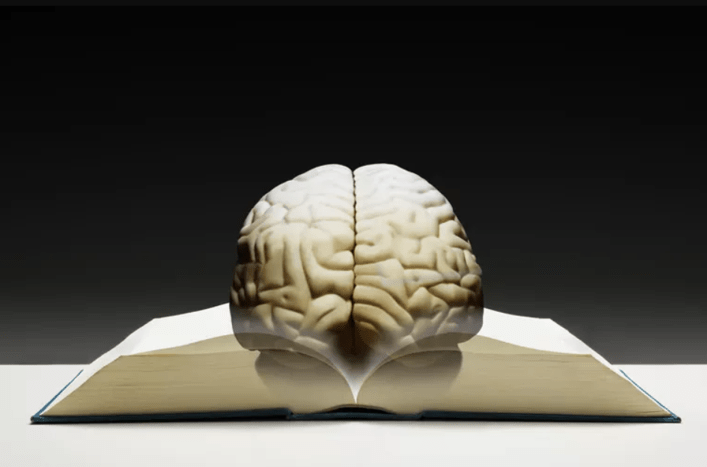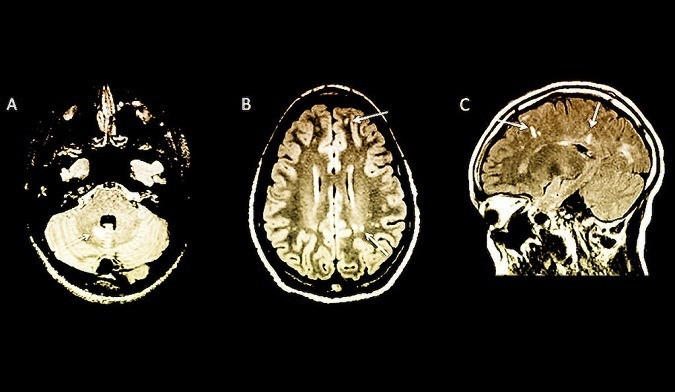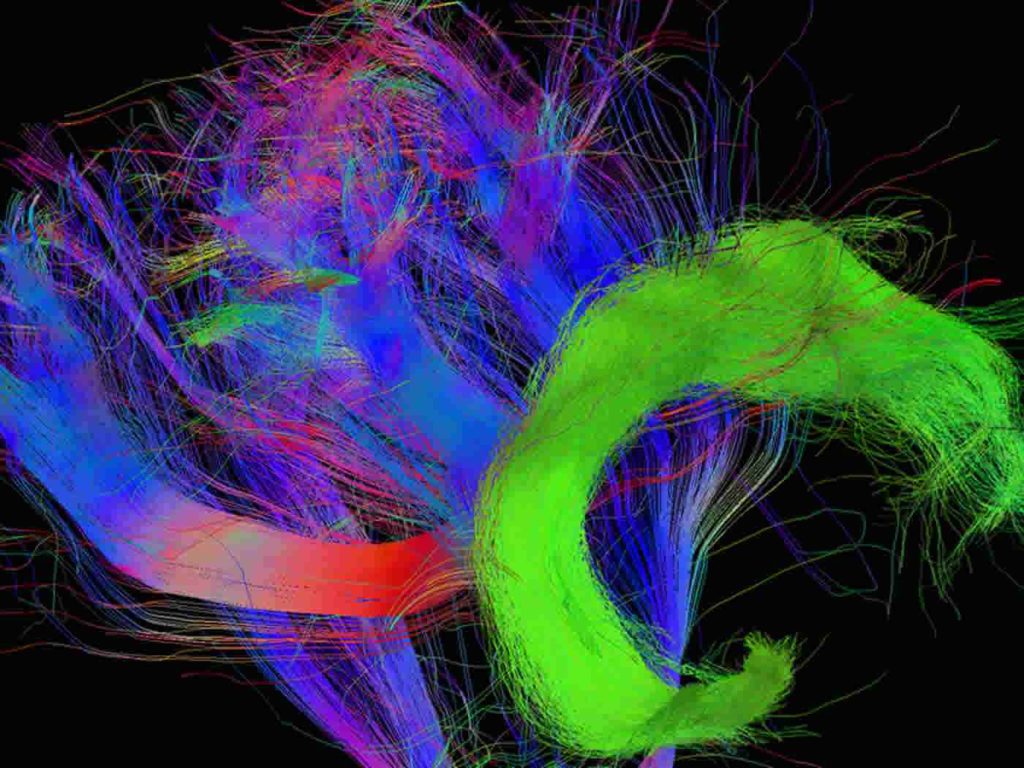Posts Tagged ‘brain changes’
Mark your calendar for BrainHealth Week: February 20–24th
The brain changes each and every day during our whole lives, based on how we use it. Healthier daily habits can improve the trajectory of our lives. “A brain that can think critically, that can function under stress, a brain that is resilient in the face of trauma, a brain that is creative, that is thoughtful,…
Read MoreCollaborative neuroimaging initiative BrainChart helps chart how brains change across the lifespan
For decades, growth charts have been used by paediatricians as reference tools. The charts allow health professionals to plot and measure a child’s height and weight from birth to young adulthood. The percentile scores they provide, especially across multiple visits, help doctors screen for conditions such as obesity or inadequate growth, which fall at the…
Read MoreStudy finds that cognitive activity in old age may delay the onset of dementia by 5 years
Dementia Comes 5 Years Later for Some (MedPage Today): A cognitively active lifestyle that involves reading and processing information in old age may delay the onset of dementia in Alzheimer’s disease by as much as 5 years, a longitudinal study suggested. Older adults who had the highest level of late-life cognitive activity had a mean onset…
Read MoreNext: Brain scans to identify children at high risk of developing multiple sclerosis (MS) before symptoms appear
______________________________ MS risk in children spotted with MRI brain scans (Yale News): “By the time multiple sclerosis (MS) is diagnosed in children, it may be difficult to prevent the disabilities and relapses that come with the disease. In a new Yale School of Medicine study, researchers examined MRI brain scans to identify children at high risk…
Read MoreStudy identifies brain circuits enabling four-year-olds to “put themselves in other people’s shoes”
—– A remarkable milestone occurs in children around their fourth birthdays: They learn that other people can have different thoughts than they do. A recent study is the first to examine the specific brain changes associated with this developmental breakthrough.
Read MoreStudy: Brain scans may predict depression risk better than clinical rating scales, paving the way for earlier preventive treatments
Brain Scans Could Identify Kids at Risk of Depression (Smithsonian): “One of the most frightening aspects of depression is the fact that, once someone suffers a depressive episode, they’re very likely to have another. And depression itself often brings other ills, from substance abuse to heart disease
Read More





